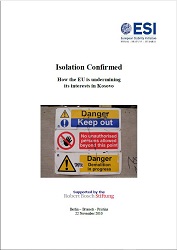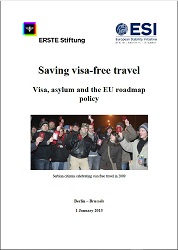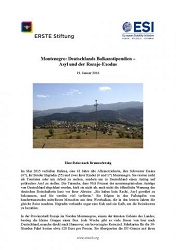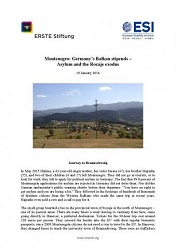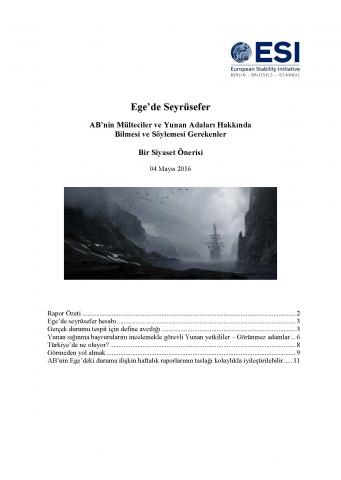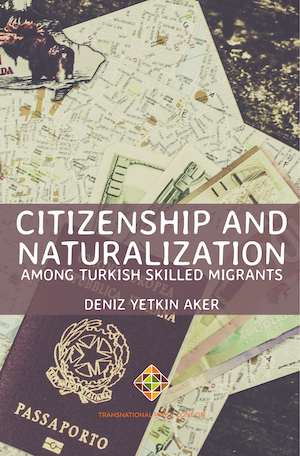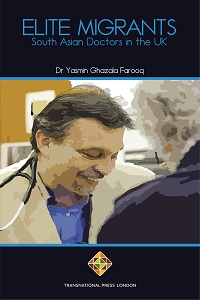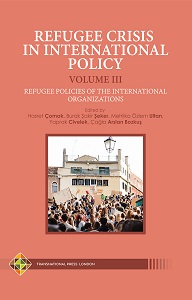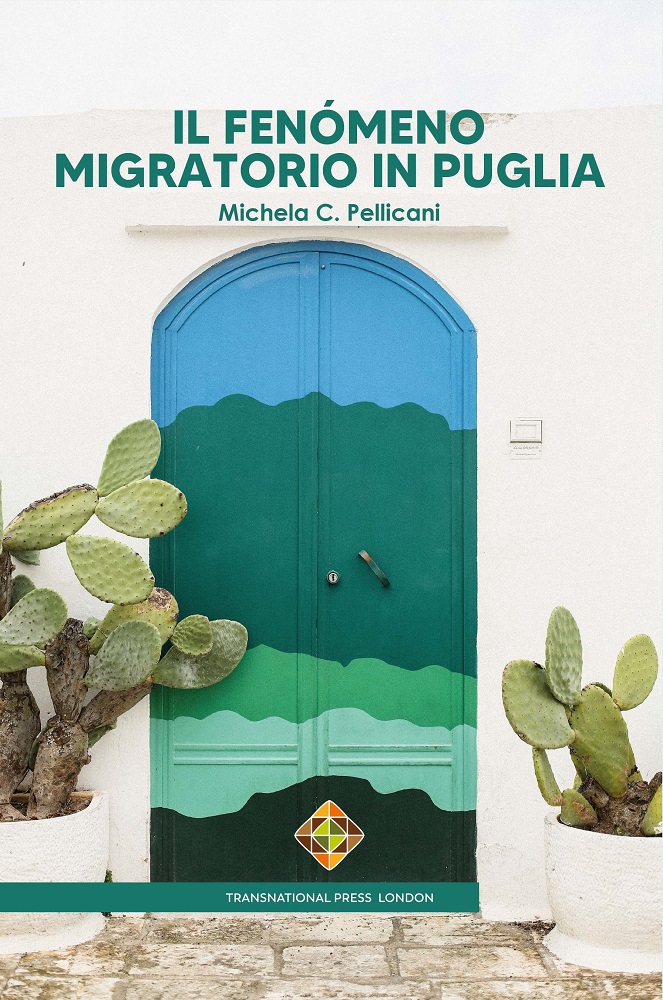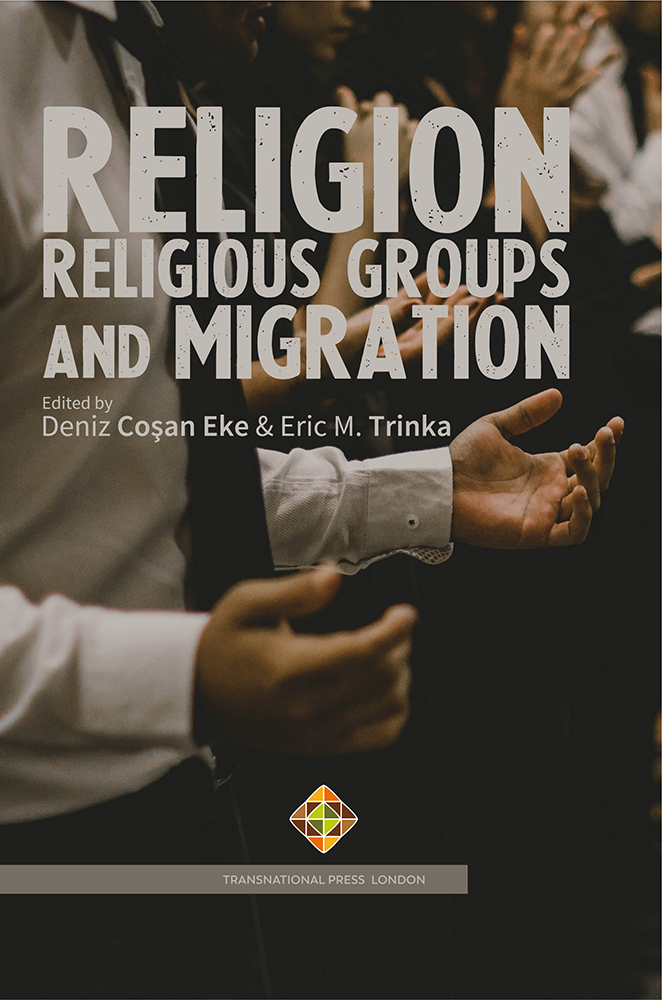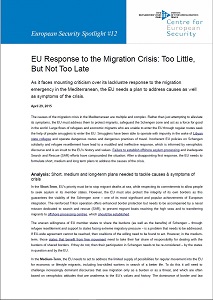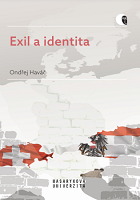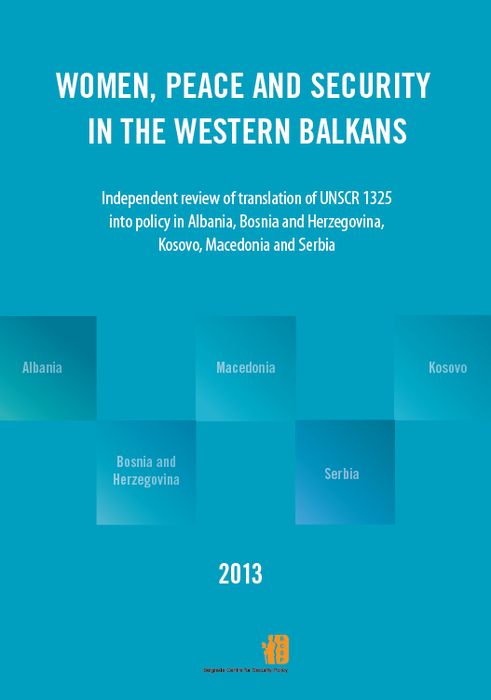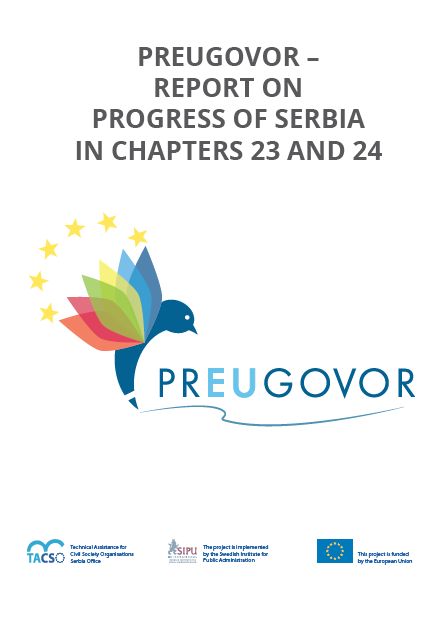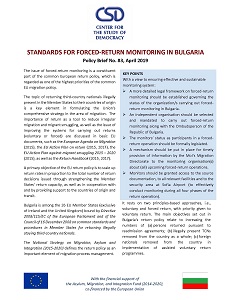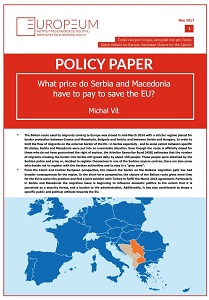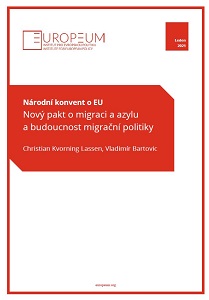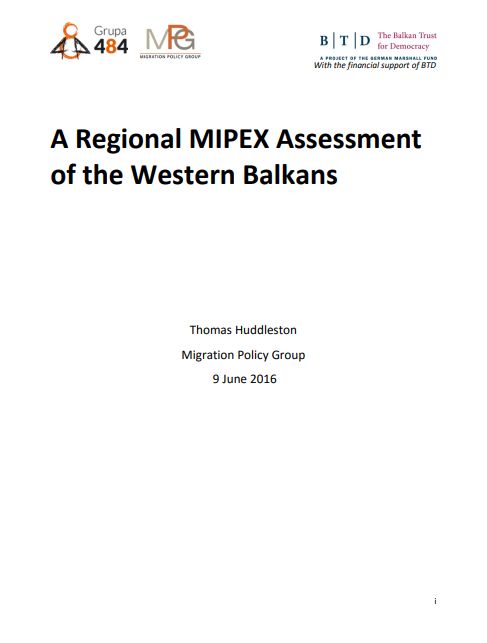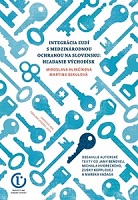
Integrácia ľudí s medzinárodnou ochranou na Slovensku. Hľadanie východísk
Miroslava Hlinčíková a Martina Sekulová v texte analyzujú integráciu ľudí s medzinárodnou ochranou v kontexte integračných programov vytvorených štátom, ktoré sú určené na podporu procesu začleňovania tejto skupiny do spoločnosti. V deviatich kapitolách pozorne sledujú reflexie verejných inštitúcií, mimovládneho sektora a utečencov a na ich základe formulujú odporúčania pre každú z oblastí integrácie. Snažia sa tak odpovedať na otázku, ako by sa dal integračný program nastaviť tak, aby mal na každodenný život a integráciu utečencov čo najpozitívnejší vplyv a aby dorovnal ich často ťažké začiatky na Slovensku. Publikáciu vydal Inštitút pre verejné otázky (IVO), s podporou vedeckého projektu ÚEt SAV Občianske aktivity ako determinant udržateľného rozvoja mesta (etnologický pohľad), VEGA č. 2/0024/14.
More...
